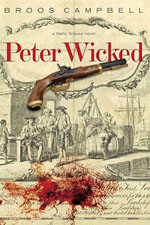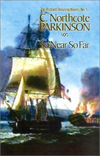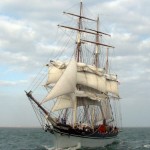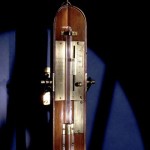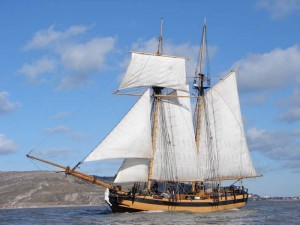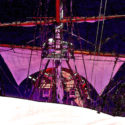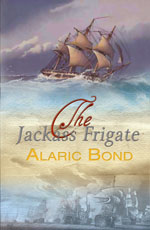 Jackass Frigate is Napoleonic naval fiction set during the Revolutionary wars. The Jackass Frigate differs from the normal Hornblower/Aubrey sagas in that there is no “hero who becomes an admiral”, rather characters from all divisions of the ship are featured, some to prosper, while others fail; many will continue in future books. Culminating in the pivotal Battle of Cape St Vincent, The Jackass Frigate is based on historical fact, and includes notable figures of the period including Jervis, Calder, Hardy and Nelson.
Jackass Frigate is Napoleonic naval fiction set during the Revolutionary wars. The Jackass Frigate differs from the normal Hornblower/Aubrey sagas in that there is no “hero who becomes an admiral”, rather characters from all divisions of the ship are featured, some to prosper, while others fail; many will continue in future books. Culminating in the pivotal Battle of Cape St Vincent, The Jackass Frigate is based on historical fact, and includes notable figures of the period including Jervis, Calder, Hardy and Nelson.
“Ripping stuff, enjoyed it immensely” Ron Bate,The Historical Maritime Society

